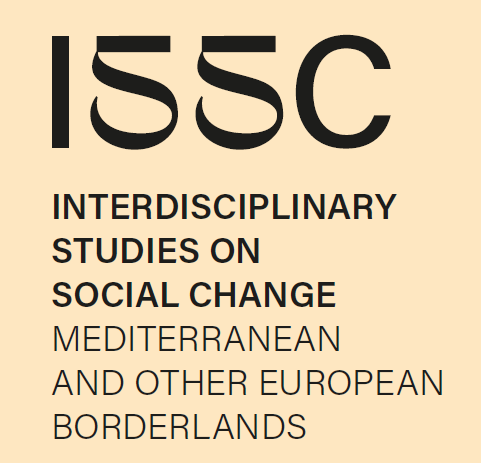The aim of the course is an in-depth discussion with the students and reflection on how the way and circumstances of providing care and support in daily life or readaptation to functioning in society have evolved for diverse so-called vulnerable groups. These include the elderly, children, refugees, but also the long-term unemployed or victims of violence. Together we will identify a catalogue of groups which, depending on the legal order, cultural system or development of civil society institutions, can count on varieted levels of assistance from individuals, local communities or public institutions. To understand the ongoing transformations in the Mediterranean countries, particular attention will be paid to the context and impact of demographic changes, the evolution of welfare state systems, the atomisation of societies or the commercialisation of care. The series of seminars will be divided into two blocks. The first five meetings will be lectures covering general issues related to the theory of care and assistance, transformations of welfare state regimes, as well as the evolution of social policy institutions. During the second part of the course, students will present research projects on how the welfare system changes for different disadvantaged groups. The topics of the course will therefore include issues characteristic of sociology, history, social policy or philosophy. At the end of the course, students will be able to explain the complexity of changes taking place in terms of comprehensive support for marginalized and discriminated groups in various countries throughout the 20th and 21st century.

